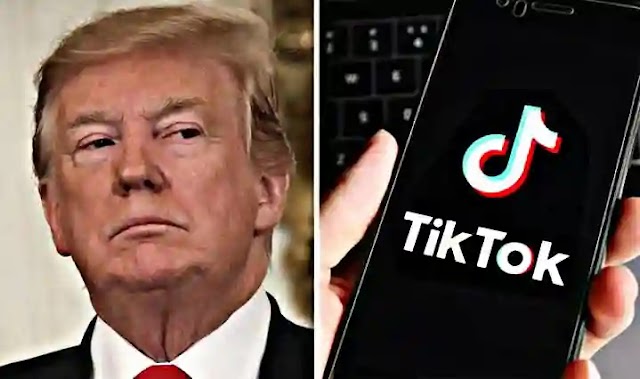On Monday August 17, the Trump administration declared that it will further increase restrictions on Huawei Technology, with the intention of cracking down on its access to commercial chips.
The actions taken by the U.S. Department of Commerce, as first reported by Reuters, will expand the restrictions announced in May, with a view to preventing the giant from obtaining semiconductors without specific licenses – including chips produced by foreign companies with software or technology developed or manufactured in America. The administration will also add 38 Huawei affiliates in 21 countries to the economic blacklist of the US government, according to reports, raising the number to a further 152 affiliates, since Huawei had been listed for the first time in May 2019.
Commerce Secretary Wilbur Ross told Fox Business about the limitations imposed on Huawei-designed chips that force them to take avoiding steps. The new regulation displays that any use of American manufacturing software or materials is forbidden and requires a licence.
Secretary of State Mike Pompeo said the amendment in the regulation, "will prohibit Huawei from circumventing the US law through the manufacture of alternating chips and the purchase of off-shelf chips." Huawei didn't comment straight away.
Washington is pushing governments around the globe to starve out Huawei with US-Chinese ties worst in decades, claiming that they will give the Chinese government surveillance data. For China, Huawei denies it.
The new actions, effective immediately, should avoid attempts by Huawei to circumvent controls on US exports, Commerce said.
It "makes it clear that we are covering off-the-shelf designs that Huawei may be seeking to purchase from a house designed by a third party," one official from the Commerce Department told Reuters.
A new separate law allows economic blacklist companies to obtain a license if a company such as Huawei is on the list "as the buyer, intermediary consignee, ultimate consignee or end user."
The department also announced that it would not extend a temporary general license for users of Huawei devices and telecommunications providers which expired Friday. Parties must now lodge license applications for previously approved transactions.
The Department of Commerce is implementing a limited permanent authorization for Huawei organizations to require "ongoing essential security research to protect the safety and reliability of existing" networks and equipment.
Huawei and its vendors have already been significantly impacted by new US restrictions. The restrictions on May will not fully come into effect until 14 Sept. Financial magazine Caixin announced on August 8 that next month Huawei would stop manufacturing its flagship Kirin chipsets due to pressure from the US on suppliers.
Huawei's HiSilicon division relied on software from U.S. firms such as Cadence Design Systems and Synopsys Inc. to design their chips and outsource manufacturing to Taiwan Semiconductor Manufacturing Co (TSMC), which uses U.S. company equipment. Since September 15, TSMC has said it won't send wafers to Huawei.




0 Comments